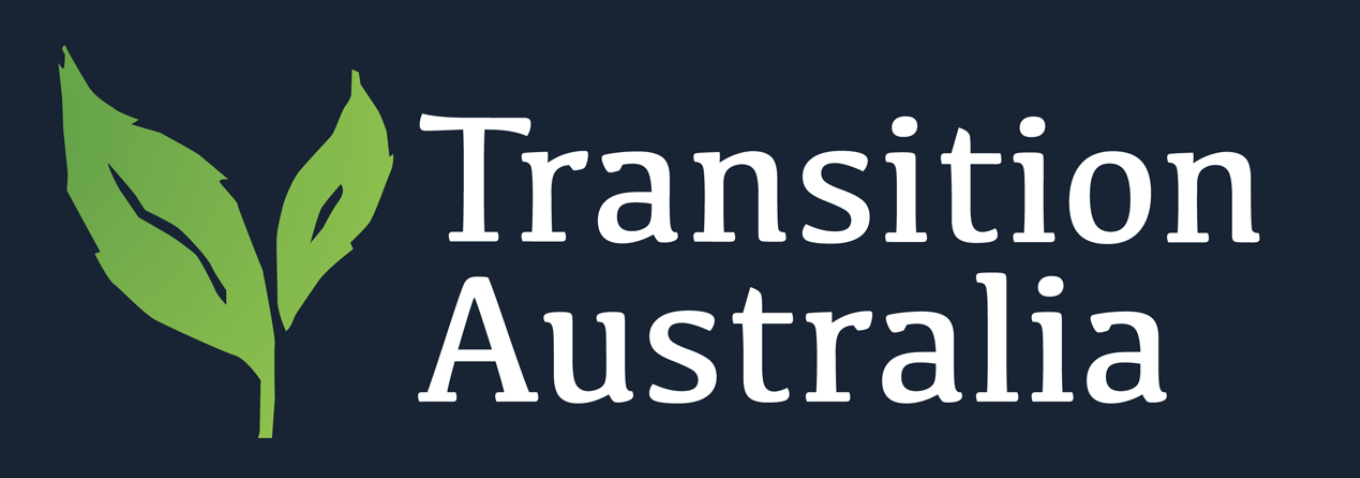Australia’s reliance on a ‘gas-led recovery’ is putting us at risk,
from the communities living near gas wells,
right down to each and every one of us that uses gas to cook our food and heat our homes.
Quoted from the Climate Council report Kicking the Gas Habit: How Gas is Harming our Health which details the health risks of gas.
In this two-and-a-half-minute video from the Climate Council Dr Josh Byrne (yes, you’ve seen him on Gardening Australia) explains how to make his home gas-free for three reasons: contributes to the national and global effort to transition away from fossil fuels; it saves money; and above all, for anyone with young children, it makes the home a safer and healthier place.
Read more about Kicking the gas habit: how gas is harming our health on the Climate Council website here https://www.climatecouncil.org.au/resources/gas-habit-how-gas-harming-health/
It is critically important for our economy, health and climate
that every state and territory in Australia
transitions away from fossil fuels like gas
as quickly as possible.
Gas is a fossil fuel. The above quote is from the Climate Council report Path to Zer0: How NSW can kick the gas habit which shows how NSW could transition away from gas. It is a case study that could be followed by every Australian State and Territory.
The key findings were:
- Gas demand within New South Wales could be 70% lower as soon as 2030, and eventually eliminated altogether, using readily-available, commercially-viable technologies.
- Common-sense measures to reduce gas demand in New South Wales make the expensive and polluting Narrabri Gas Project unnecessary.
- There is no shortage of gas anywhere in Australia, with the growing demands of a swollen gas export industry driving domestic supply issues, higher energy bills and worsening climate change.
- It is critically important for our economy, health and climate that every state and territory in Australia transitions away from fossil fuels like gas as quickly as possible.
Meanwhile you may well be thinking “but I’m stuck with gas for now, why is the price so high?” and “why are we still so reliant on gas?”
The Climate Council website has an answer to that. Here we will quote in full this section:
Why, in 2022, are we still so reliant on gas?
Great question! We really shouldn’t be.
Gas is a polluting fossil fuel which is driving climate change. To reach net zero emissions by 2035, we need to rapidly phase out gas from our energy system. The science has been very clear on this. The International Energy Agency has also made it clear that in order to achieve net zero and have any chance of keeping warming within 1.5C, no new gas, coal or oil developments can go ahead. None.
The reality is, due to a litany of policy failures over the past decade in Australia, Australians are far too reliant on gas. Too many homes, businesses and industries rely on gas for heating, cooking, and energy at the moment. The soaring power bills we’re currently experiencing hit the most vulnerable people in our society the hardest, which means Australians are being forced to make difficult decisions on household spending.
A lot of the sting could have been taken out of this situation if our Federal Government had prioritised renewables in our energy system over the past decade, instead of backing in more and more fossil fuels. This would have left us in a much better position when faced with international energy crises, as well as put us on track to meet net zero emissions.
We’ve lost a decade of opportunity to get in front of this crisis, while the gas companies have continued to profit from their dirty product and global temperatures have continued to rise. It’s a crying shame, but the lessons are there to be learned and now there is no more time to waste as we get on track to our renewables future.
That same article goes on to say:
Renewables are now the cheapest form of energy generation in Australia, according to CSIRO. The quickest and cheapest way to increase Australia’s supply of affordable energy is to replace fossil fuels with renewables and electrify our households and businesses. We are one of the sunniest and windiest places on the planet – renewables backed by storage makes economic sense AND addresses climate change. It’s a real win-win situation.
To address climate change and the energy prices crisis, Australia needs to phase out fossil fuels as quickly as possible and replace them with clean and affordable renewable energy and storage.
The good news is that it’s already happening. In fact last year renewables provided more than 30% of power in Australia’s largest grid and in the ACT, where good policy has meant low-cost renewable power is surging ahead – power prices are actually going down.
So we know it works, we just have to pick up the pace.
So – for all of us seeking answers to this huge global climate crisis in which we find ourselves, there’s plenty of food for thought here.
Material sourced from the Climate Council webpage
Edited by Mary Stringer
August 2022

